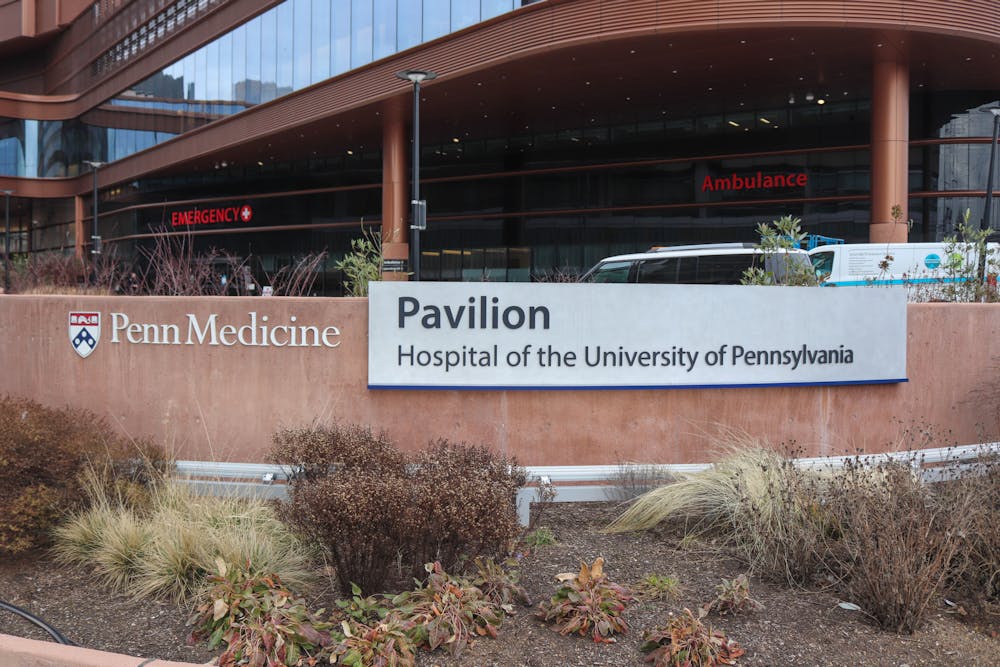
Penn Medicine, the Greater Philadelphia American Heart Association, and local community groups launched a three-year initiative to address high blood pressure in Philadelphia.
The new program, called “Team Up to Take Down High Blood Pressure," aims to close the health gap in West and Southwest Philadelphia neighborhoods. Nine local organizations and three healthcare practices will work in conjunction with Penn Med and the AHA to expand access to resources, such as community-based blood pressure screens and self-measured blood pressure initiatives.
This program will also mandate annual training for participating healthcare organizations to ensure accurate blood pressure readings.
Penn students will contribute to these community-based initiatives, assisting in self-measurement programs to teaching the AHA’s “EmPOWERED To Serve” curriculum in local sites. This collaboration provides students with an opportunity to support health equity while gaining hands-on experience.
Helene Glassberg, professor of Clinical Medicine in the Perelman School of Medicine at Penn and President of the AHA’s Greater Philadelphia Region Board of Directors, emphasized the importance of guaranteeing equal access to healthcare in the Penn Med news release.
Hypertension affects over one-third of Philadelphia residents and disproportionately impacts communities of color, according to the Penn Med press release.
“Too often, the zip code where someone lives can have a stronger influence on their health than their genetic code,” Glassberg said. “As a cardiologist, I am proud that this collaboration demonstrates our commitment to stepping outside of the clinical walls to meet our communities where they are and connect with those people most at risk who are currently being missed by the healthcare system.”
This initiative will also establish a public awareness campaign encouraging communities to get their blood pressure checked regularly. An annual learning collaborative hosted by the AHA will also share knowledge about ways to manage high blood pressure.
Research has found that by age 55, 3 of 4 Black adults have developed hypertension, compared to around 47.5% of white adults. Without access to proper treatment, hypertension can result in a variety of potentially fatal chronic illnesses — including dementia, kidney disease, heart disease, and stroke. Penn Med has collaborated with the AHA in previous years to combat similar racial disparities in medicine, specifically focusing on heart disease.
This initiative is one of several Penn Med projects focused on improving the quality of life of those with hypertension. In 2019, for example, a Penn Med study found that automated tools helped patients adhere to their medication schedule, but did not help lower their blood pressure.
The Daily Pennsylvanian is an independent, student-run newspaper. Please consider making a donation to support the coverage that shapes the University. Your generosity ensures a future of strong journalism at Penn.
Donate



